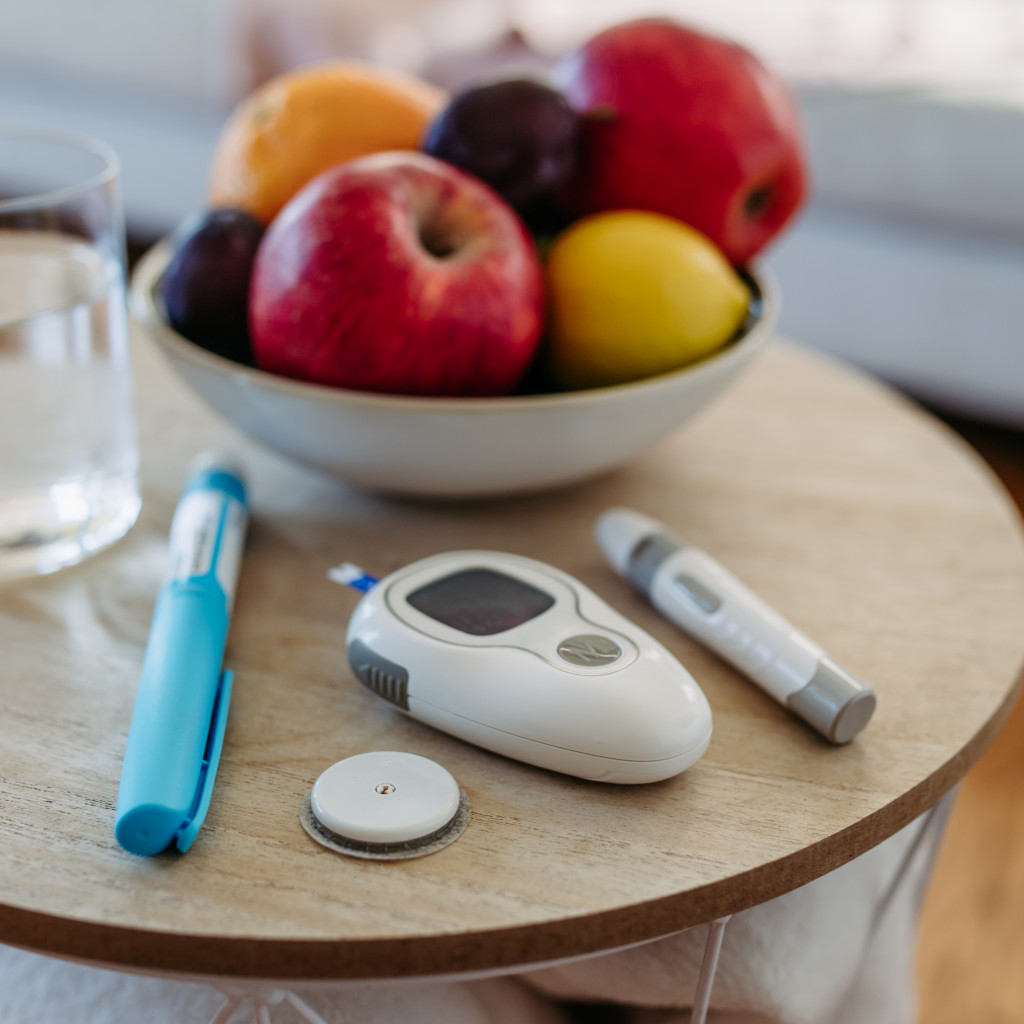Type 2 Diabetes Prevention Week is taking place between 20 – 26 May 2024. Diabetes UK are partnering with the NHS during this annual awareness week, and this year they aim to shift the focus away from individual responsibility and call on the government to take action to help reduce the risk of developing type 2 diabetes.
What is Type 2 diabetes?
Type 2 diabetes is where the body does not produce enough insulin, or the body's cells do not react to insulin. It is far more common than type 1.
According to the NHS statistics, in the UK, around 90% of all adults with diabetes have type 2.
Who is vulnerable to Type 2 diabetes?
There are 13.6 million people in the UK at increased risk of developing type 2 diabetes. However, for many people, there are steps you can take to reduce the risk, or after diagnosis, take steps to go into remission.
Broadly speaking you are at risk of type 2 diabetes if you:
- Are overweight or have obesity;
- Are 35 or over. Children and teens can also develop type 2 diabetes, but the risk increases as a person gets older;
- Have a family history of diabetes;
- Are not physically active, perhaps because of physical limitations or have a job that requires sitting for prolonged periods;
- Have a history of gestational diabetes, which is a type of diabetes that develops during pregnancy. Having gestational diabetes increases your risk of type 2 diabetes in the future;
- Are African American, American Indian, Asian American, Hispanic or Latino, or a Pacific Islander.
Diabetes UK also have a helpful tool on their website, to help to establish if you are at risk: Diabetes UK – Know Your Risk of Type 2 diabetes
How can Type 2 diabetes be prevented?
It is important that blood sugar, blood pressure and blood fats are kept under control. This will hugely reduce the risk of preventing type 2 diabetes, or once diagnosed, will assist in reducing the risk of the associated complications of the condition.
The main advice from Diabetes UK on preventing or managing diabetes are:
- HbA1c control:
HbA1c is your average blood glucose (sugar) levels for the last two to three months. Keeping your HbA1c within the target range set by your healthcare team. If blood sugar levels are rising, seeking prompt advice from your doctor is key. The treatment may mean you need to get your HbA1c back on target to avoid complications of high blood sugar;
- Stop Smoking:
Smoking makes it harder for blood to flow around your body to places like your heart and your extremities such as your feet.
- Eat more healthily:
Making healthier food choices can help you lose weight, bring down your HbA1c, manage your blood pressure and help reduce blood fats like cholesterol. A dietician may be required to help with this.
- Keep active
Engaging in exercise and doing more physical exercise helps reduce your chances of type 2 diabetes, and reduces the risk of further complications. Diabetes UK has a host of resources to help keep you moving.
- Attend your appointments
It is crucial that, following a diagnosis, management is maintained, with regular health checks to identify any early complications, maintain target ranges, adjust medication and comply with recommendations.
Even if you are at risk of type 2 diabetes, steps can be taken to reduce the risk. Once diagnosed, it is possible to not only reduce the risk of complications but for the condition to go into remission.
What are the complications of type 2 diabetes?
People living with diabetes are much more likely to experience health complications than the general population.
The most common complications are:
- Kidney failure
- Blindness
- Stroke
- Heart attacks
- Ulceration
- Charcot Arthropathy
- Amputation
- Premature death
It is crucial that their condition is handled swiftly and correctly, to avoid any further difficulties.
Complications surrounding diabetes can occur as a result of substandard care from a healthcare professional, which ultimately could have been prevented due to misdiagnosis or poor treatment of diabetes.
How can we help?
If you think that you may have suffered an avoidable delay in diagnosis of diabetes or Charcot, or poor management our specialist medical negligence team can help.
While no amount of compensation can make up for a life changing injury or the loss of a loved one, we can assist by investigating what happened and help by providing answers. If liability can established, we can recover compensation for the pain and suffering, as well as loss of earnings, aids and equipment such as prosthetics or specialist orthotics, care and adaptation costs.
Our specialist team have many years of experience helping those affected by the management of diabetes.
Diabetes and Charcot Arthropathy Claims | Medical Negligence Solicitors | Tozers LLP






